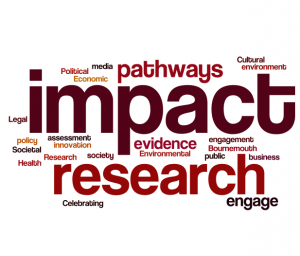 This 3 Day workshop covers strategies for academic writing: writing to prompts, targeting a journal/specific criteria, types of prompt for academic writing, ‘snack writing’, goal-setting for writing, motivation, freewriting, generative writing, analysing academic writing, drafting and revising an abstract/summary, constructing a ‘contribution’ argument, using prompts in series, outlining, productive writing behaviours, wellbeing, writing groups, micro-groups and retreats. Many of these can be used in preparing for a concentrated spell of writing at a writing retreat.
This 3 Day workshop covers strategies for academic writing: writing to prompts, targeting a journal/specific criteria, types of prompt for academic writing, ‘snack writing’, goal-setting for writing, motivation, freewriting, generative writing, analysing academic writing, drafting and revising an abstract/summary, constructing a ‘contribution’ argument, using prompts in series, outlining, productive writing behaviours, wellbeing, writing groups, micro-groups and retreats. Many of these can be used in preparing for a concentrated spell of writing at a writing retreat.
This is a practical workshop. The aim of the writing activities in this workshop is to let you try these strategies and consider how/if/where they can fit in your writing practice. We also discuss how they can be used for writing theses, articles and other writing. They also let you start/work on your writing project during the workshop.
The online version of this course involves several short writing activities, all designed to help you develop your paper/chapter/thesis and use productive, healthy writing habits. By signing up to this course you agree to do the writing tasks and to talk about your writing in online small-group discussions, to give and receive feedback on this writing and to discuss your writing plans and goals.
You can find the programme here
| Workshop | Date | Time | Location |
|---|---|---|---|
| Writing Academy: Day 1 | Wednesday, 21st June 2023 | 10.00 – 16.00 | Online |
| Writing Academy: Day 2 | Thursday, 22nd June 2023 | 08.55 – 16.45 | Online |
| Writing Academy: Day 3 | Friday, 23rd June 2023 | 08.45 – 16.45 | Talbot Campus |
Please note, participants are required to attend all three days of the Writing Academy sessions.
To book a place on this workshop please complete the Booking Form.
For any specific queries regarding this workshop please email Pengpeng Hatch: pphatch@bournemouth.ac.uk.














 Seeing the fruits of your labour in Bangladesh
Seeing the fruits of your labour in Bangladesh Exploring Embodied Research: Body Map Storytelling Workshop & Research Seminar
Exploring Embodied Research: Body Map Storytelling Workshop & Research Seminar Marking a Milestone: The Swash Channel Wreck Book Launch
Marking a Milestone: The Swash Channel Wreck Book Launch No access to BRIAN 5-6th February
No access to BRIAN 5-6th February ECR Funding Open Call: Research Culture & Community Grant – Application Deadline Friday 12 December
ECR Funding Open Call: Research Culture & Community Grant – Application Deadline Friday 12 December MSCA Postdoctoral Fellowships 2025 Call
MSCA Postdoctoral Fellowships 2025 Call ERC Advanced Grant 2025 Webinar
ERC Advanced Grant 2025 Webinar Update on UKRO services
Update on UKRO services European research project exploring use of ‘virtual twins’ to better manage metabolic associated fatty liver disease
European research project exploring use of ‘virtual twins’ to better manage metabolic associated fatty liver disease